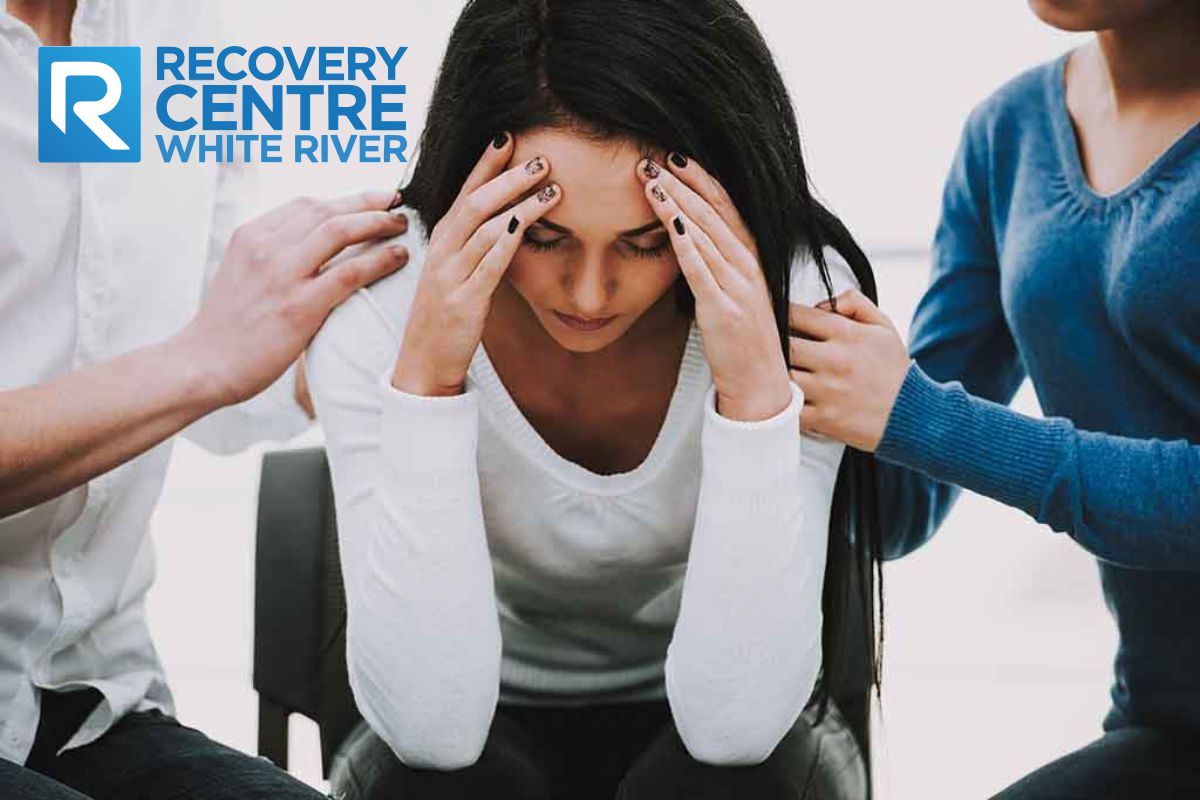Asking for professional help to treat addiction is not a sign of weakness; it shows great courage that you are willing to make a positive change in your life.
Going to rehab early rather than later can prevent drug dependency from becoming an addiction, now referred to as substance use disorder. There is no straightforward cure but the condition can be successfully treated with an integrated addiction treatment programme.
There are telltale signs that misuse or abuse of drugs leads to or has developed into an addiction. If you answer ‘yes’ to the few listed below, you need to consider seeking professional help at White River Recovery drug rehab centre sooner rather than later.
Satisfying cravings for drugs is consuming your life
Addiction is defined as a “chronic, relapsing condition characterised by compulsive substance seeking and continued use despite harmful consequences and long-lasting changes in the brain.” You may have substance use disorder if your drug cravings are stronger than the risk of losing your job, broken relationships, getting into trouble with the law, financial difficulties and poor health. You may also have an addiction if you hide substances from loved ones, manipulate situations to get them and avoid family and friends to keep your habit a secret.
Do you find you need to take larger doses more often to get the same effect?
Tolerance occurs when you no longer respond to a drug the same way you did at first, so you take larger doses to get the same high you did at the start. Your brain adapts to dopamine surges from repeated drug use by reducing the numbers or shutting down receptors, counteracting the drug’s effect on your reward system. Drug tolerance leads to dependency, and addiction follows when changes to brain chemistry and function are permanent.
You experience withdrawal symptoms when you stop using drugs
You have developed drug dependency if you experience withdrawal symptoms when you reduce or stop using harmful substances. Your brain copes with repeated drug use by changing brain chemistry, reducing or shutting down dopamine receptors. Your body is thrown off balance if you reduce the amount or abruptly stop taking drugs, resulting in symptoms that can be mild, severe or life-threatening. Drug dependency doesn’t necessarily mean you have an addiction, but you are at risk.
You are struggling with your mental health
Substance dependency can lead to devastating mental health disorders. Repeated drug use causes permanent changes to your brain chemistry and function, leading to substance use disorder, a mental illness and complex brain disease. You’re also at significant risk of developing co-occurring mental health disorders such as depression, anxiety, social phobia, aggression, suicidal thoughts, hallucinations and paranoia. Drug misuse or abuse can also trigger symptoms of schizophrenia.
Drugs are affecting your physical health
Drug toxicity affects your whole body and takes a heavy toll on your physical health, causing permanent damage to your heart, liver, lungs, brain, pancreas and central nervous system. Mild symptoms are teeth cavities, gum disease, abscesses, acne, baldness, insomnia and sexual dysfunction. Severe health problems include heart and lung disease, infectious diseases, seizures, brain damage, cancer, stillbirth, psychosis, suicidal thoughts and overdose.
You have tried a few times to quit but have been unsuccessful
Addiction is referred to as relapsing brain disease because toxic substances alter how your brain works and functions, leading to a compulsion to constantly seek out drugs. Studies show the relapse rate for alcohol and drug addiction is 40 to 60 percent (higher for heroin), but this depends on the substance used, stage of the disease, co-occurring disorders and type of treatment received.
The good news is addiction is a treatable disease, and the remission rate ranges from 60 to 80 percent. You can expect a good outcome if you seek help sooner rather than later at a professional rehabilitation centre that offers an integrated addiction treatment programme.
You feel lonely, sad or broken
Addiction is a lonely place to find yourself. As the problem worsens, you lose interest in family, friends and activities that used to bring you joy; you’ll increasingly isolate yourself and may undergo a dramatic personality change. Drug dependence affects your physical and mental health, leading to chronic illnesses, anxiety, depression, guilt, shame, paranoia, hallucinations, hopelessness, and despair. It can take you down a dark path to addiction, suicidal thoughts or attempts, overdose and, at its worse, death.
Get professional help before it’s too late
Professional treatment at an inpatient rehabilitation centre can save your life. The longer you ignore the problem, the more damage you will do to your whole body. You can rely on an integrated addiction treatment programme overseen by a multi-disciplinary team to restore your mind, body and soul. Professional addiction care incorporates medical detox, medicine supervision, psychotherapy, holistic therapies, regular exercise and healthy, balanced meals.












